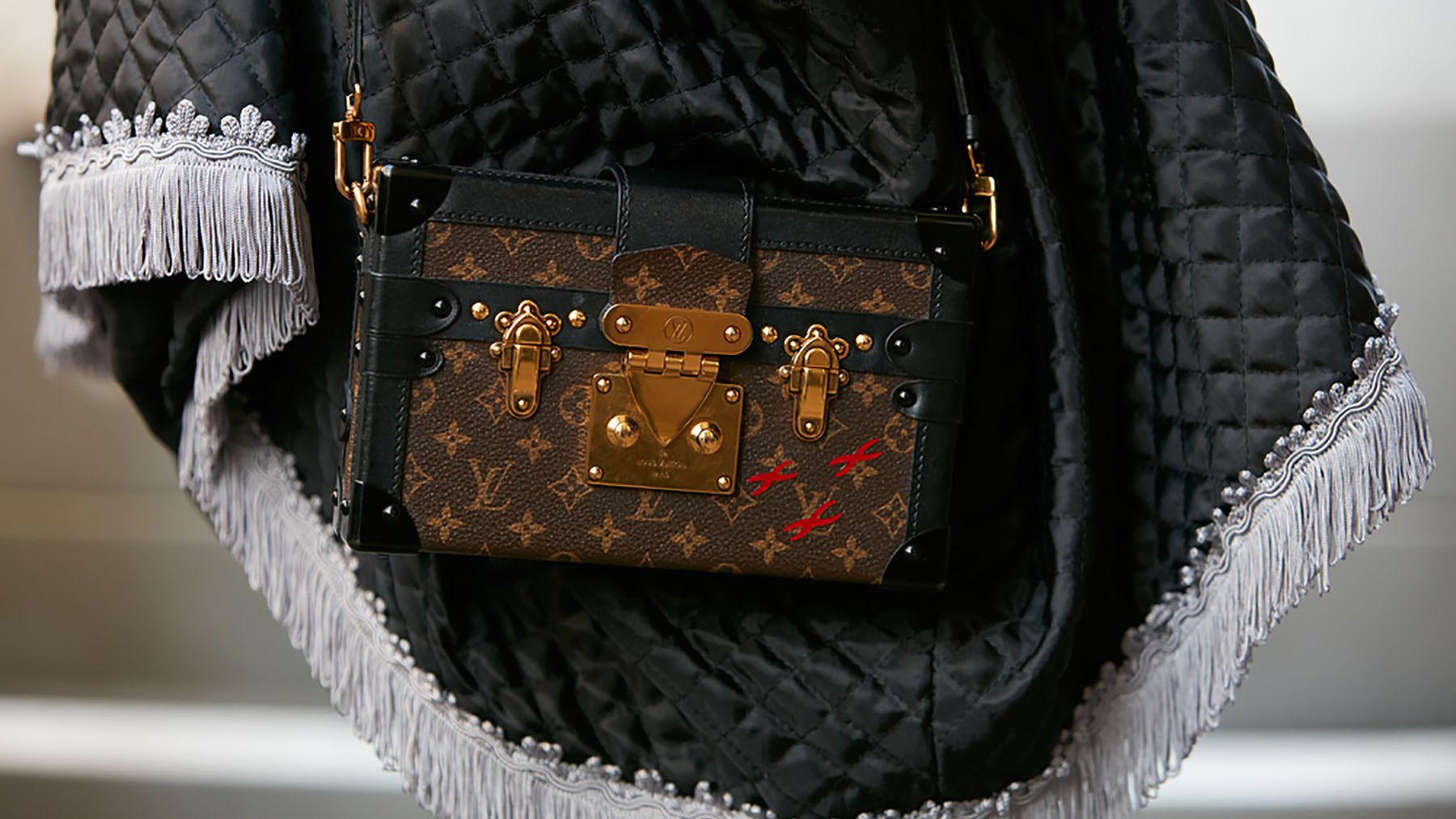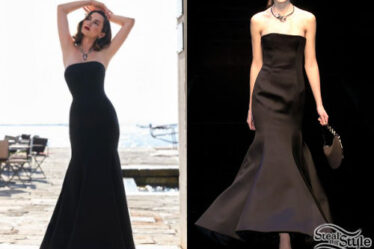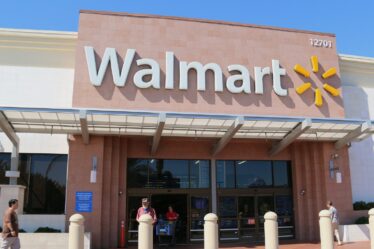

When a butterfly flaps its wings on a Gucci bag in San Francisco, shoppers in Shanghai feel the breeze.
The recent banking drama, starting with Silicon Valley Bank earlier in the month and spreading to Credit Suisse Group AG last week, has roiled markets, sparking fears of further contagion. None of this is good news for the big European luxury companies, led by the world’s largest, LVMH Moet Hennessy Louis Vuitton SE.
With European and US consumers under pressure, there is even more need for Chinese shoppers to pick up the bling baton, and there is no guarantee they will revenge-spend like they did three years ago.
Although European markets stabilised on Monday after early falls, stock gyrations are never good.
The luxury industry does well when its customers feel happy and wealthy. Shocks are particularly painful. Shoppers reined in their appetite for Louis Vuitton bags and Prada shoes after both the 2008 financial crisis and China’s crackdown on conspicuous consumption in 2015.
Already, companies such as Burberry Group Plc and Gucci-owner Kering SA have pointed to a slowdown in demand among younger, more aspirational customers, particularly in the US. Potential job losses in finance on top of the cuts in tech make the outlook for the middle class even more uncertain. That’s bad news for the sorts of retailers that cater to them, such as Hugo Boss AG.
The big danger is if this caution spreads to the super-wealthy. So far, they have been living in a different economic world, seemingly undisturbed by inflation and the threat of a major downturn. But their propensity to buy is closely correlated to the performance of asset classes such as property and stocks. Amid a backdrop of financial turbulence or recession, they may not want to splurge even if they can afford to.
So far, luxury companies have seen little impact beyond the slowdown in the US that was already in evidence. But whether the picture deteriorates over the next days or weeks is worth watching. Much will depend on whether banking-sector troubles are contained.
LVMH reports sales next month. In the meantime, one indicator of how the richest are feeling may be the prices of Rolex watches on the secondary market. These have stabilised over the past few months, along with Bitcoin. But the recent jitters could encourage a fresh wave of selling by leveraged collectors.
Another signpost may be whether companies can continue to raise prices in their retail stores. New luxury goods, from Rolex watches to Chanel handbags, have gotten more expensive over the past year or so. It may become harder to push costs further if there are no queues outside stores in high-end shopping streets.
If concerns about financial stability do weigh on top-end demand, not all luxury groups will be hit equally.
Hermes International looks best placed. It has a high exposure to Asia — almost 60 percent of sales last year, according to Bloomberg data — and with long waiting lists for its Kelly and Birkin bags, it can keep consumption stable even if broader appetite dips.
LVMH, meanwhile, is particularly exposed to the pressured US market: 27 percent of its sales came from the US last year. But it owns two of the industry’s biggest names, Louis Vuitton and Dior, and its scale dwarfs rivals. That gives it scope to invest to keep its brands at the forefront of consumers’ minds. It is also diversified through beauty retailer Sephora and its drinks business.
Companies in turnaround mode, such as Burberry and Kering, look more vulnerable.
Even before recent events, investors expected demand in both Europe and the US to moderate this year. But the turbulence risks a harder landing. That puts more pressure on Chinese shoppers to step in to purchase Cartier watches and Dior bags.
So far, China’s reopening looks promising, with Prada SpA the latest to point to strong trading in the country. But this needs to continue apace to keep up big bling’s momentum. After the chaos in Zurich, European luxury is counting on Chinese consumers to hop on a plane to Paris or Milan and spend with abandon.
By Andrea Felsted


